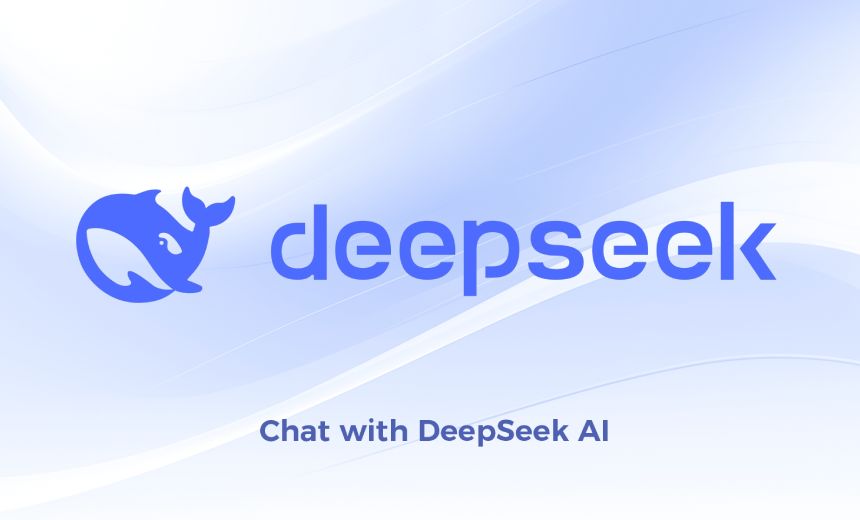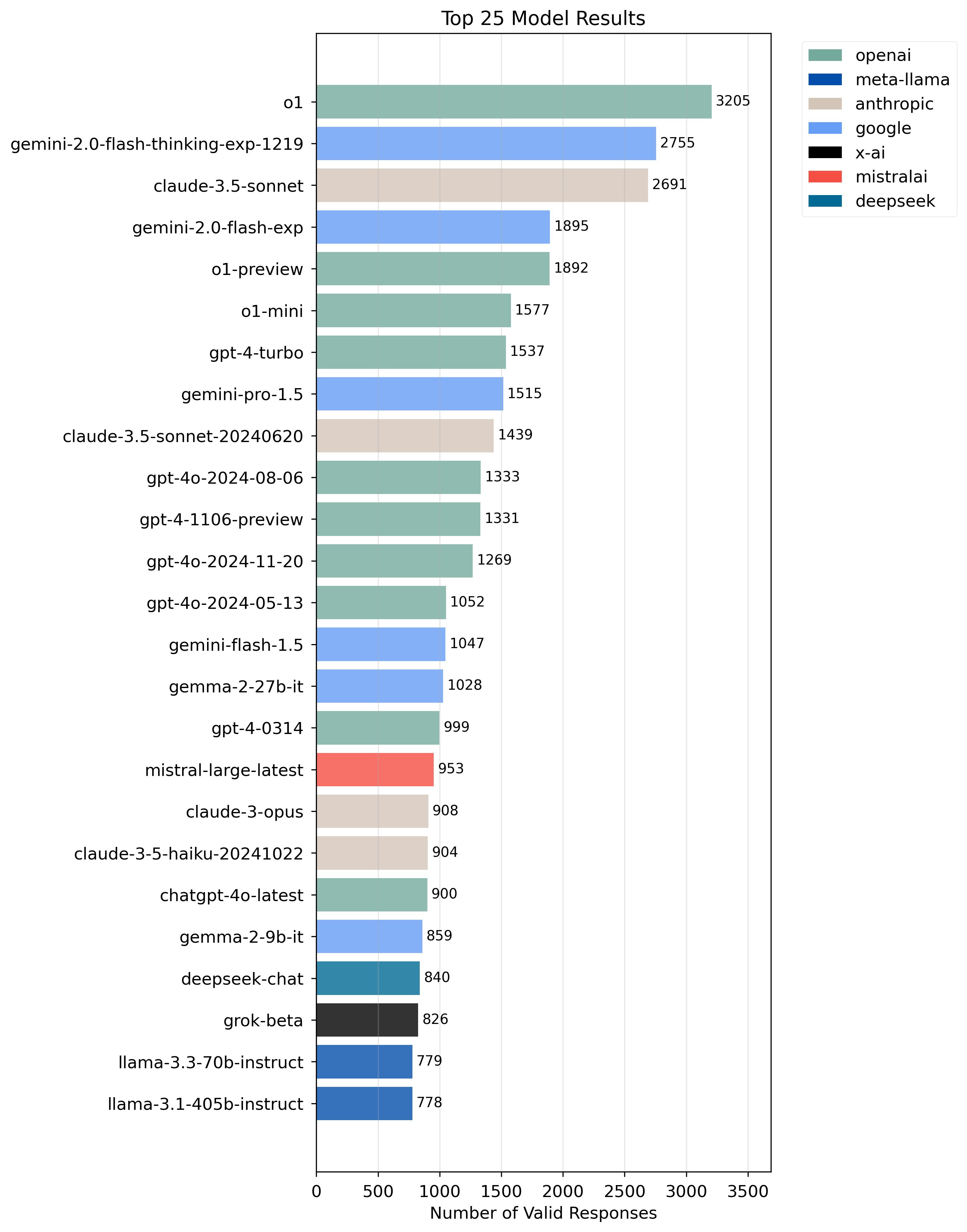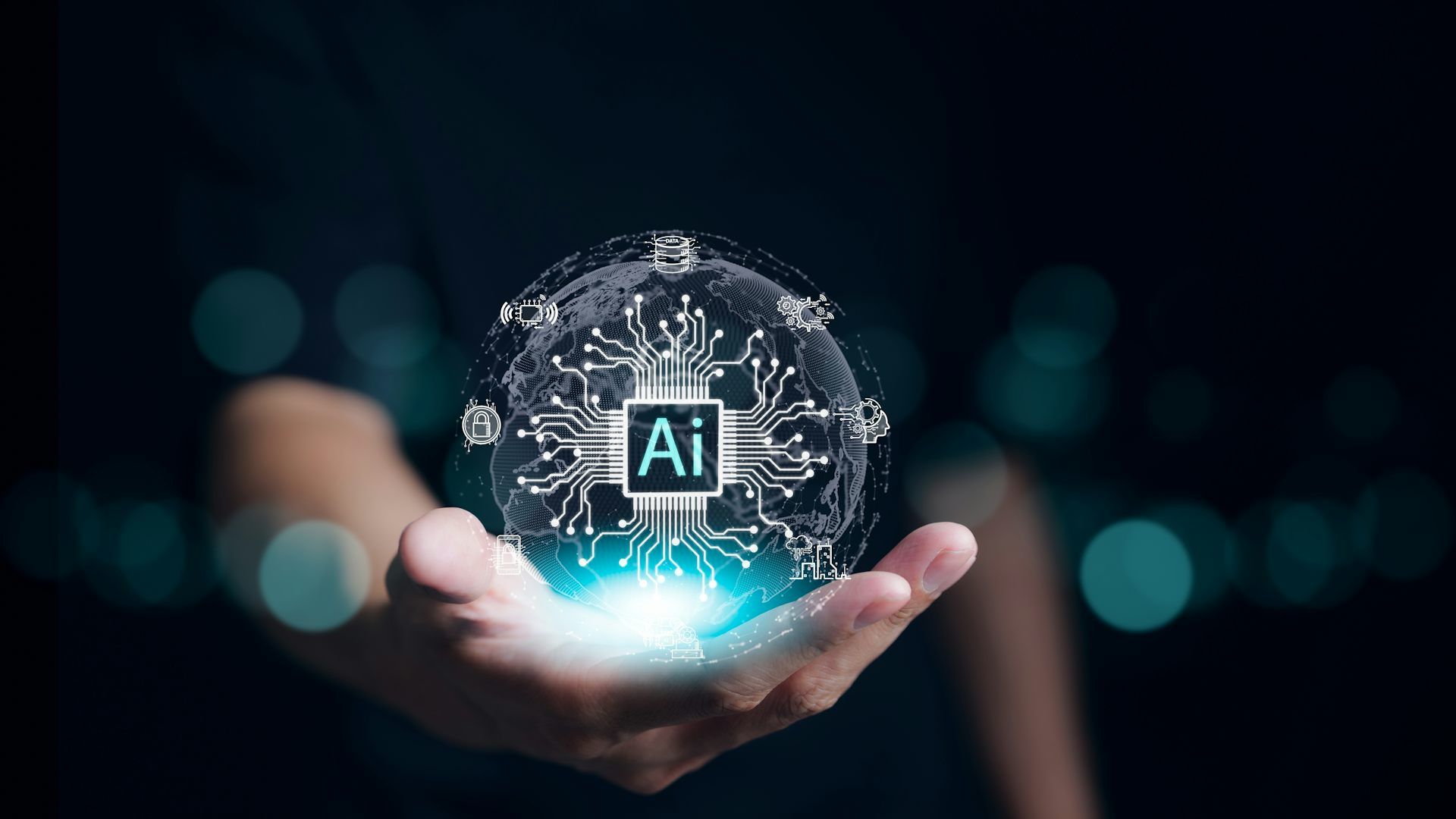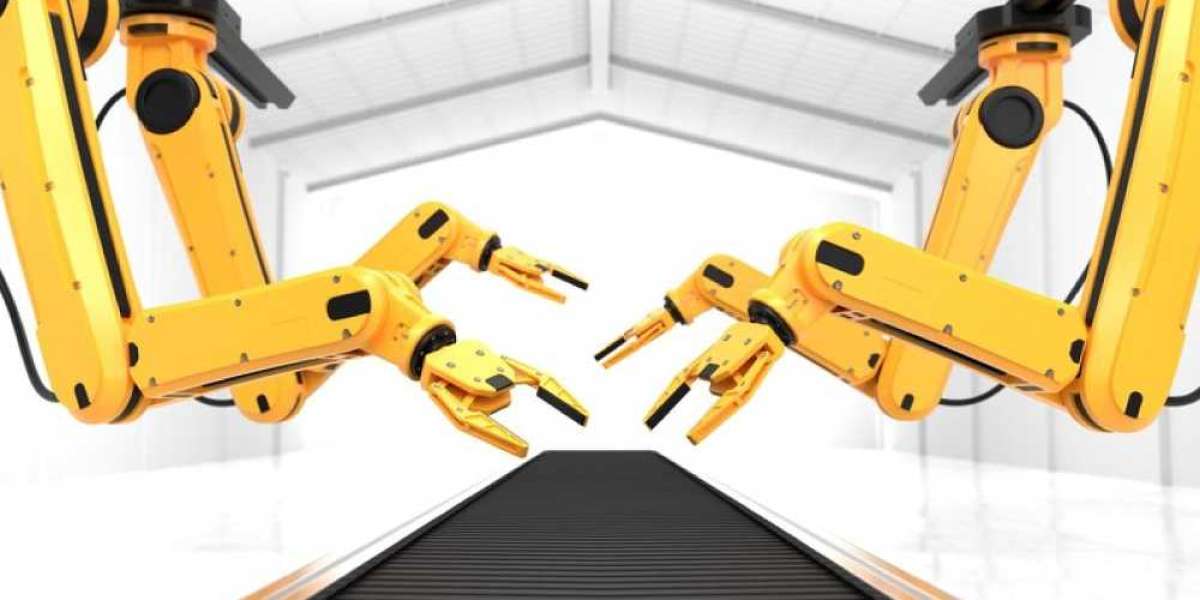Lower-cost AI tools might reshape tasks by providing more employees access to the innovation.
- Companies like DeepSeek are developing inexpensive AI that might help some employees get more done.
- There could still be risks to employees if companies turn to bots for easy-to-automate jobs.
Cut-rate AI may be shocking market giants, however it's not likely to take your task - a minimum of not yet.
Lower-cost methods to establishing and training artificial intelligence tools, from upstarts like China's DeepSeek to heavyweights like OpenAI, will likely permit more individuals to latch onto AI's efficiency superpowers, market observers informed Business Insider.
For numerous employees fretted that robotics will take their tasks, that's a welcome development. One scary prospect has actually been that discount AI would make it simpler for companies to swap in inexpensive bots for costly humans.

Obviously, that might still happen. Eventually, the innovation will likely muscle aside some entry-level workers or grandtribunal.org those whose functions largely include repetitive jobs that are simple to automate.
Even greater up the food cycle, personnel aren't always totally free from AI's reach. Salesforce CEO Marc Benioff stated this month the business might not work with any software application engineers in 2025 since the firm is having a lot luck with AI representatives.

Yet, broadly, for lots of employees, lower-cost AI is likely to expand who can access it.
As it becomes more affordable, it's simpler to integrate AI so that it becomes "a sidekick rather of a threat," Sarah Wittman, an assistant teacher of management at George Mason University's Costello College of Business, informed BI.
When AI's price falls, she stated, "there is more of an extensive acceptance of, 'Oh, this is the method we can work.'" That's a departure from the mindset of AI being a pricey add-on that companies might have a difficult time justifying.
AI for all
Cheaper AI could benefit workers in areas of a business that typically aren't viewed as direct income generators, Arturo Devesa, primary AI architect at the analytics and information company EXL, informed BI.
"You were not going to get a copilot, maybe in marketing and HR, and now you do," he stated.
Devesa stated the course shown by business like DeepSeek in slashing the cost of developing and implementing large language designs changes the calculus for employers deciding where AI may pay off.
That's because, for gdprhub.eu most big companies, such decisions aspect in expense, precision, and speed. Now, with some costs falling, the possibilities of where AI could reveal up in a work environment will mushroom, Devesa said.
It echoes the axiom that's suddenly everywhere in Silicon Valley: "As AI gets more effective and available, we will see its usage skyrocket, turning it into a product we simply can't get enough of," Microsoft CEO Satya Nadella wrote on X on Monday about the so-called Jevons paradox.
Devesa stated that more efficient employees will not always decrease need for people if companies can establish new markets and new sources of revenue.
Related stories
AI as a commodity
John Bates, CEO of software application business SER Group, lespoetesbizarres.free.fr told BI that AI is becoming a commodity much quicker than expected.
That indicates that for jobs where desk employees may need a backup or somebody to confirm their work, low-cost AI may be able to step in.
"It's fantastic as the junior understanding worker, the important things that scales a human," he said.
Bates, a former computer system science teacher at Cambridge University, said that even if a company already prepared to utilize AI, the reduced expenses would increase roi.
He also stated that lower-priced AI could provide little and medium-sized organizations much easier access to the technology.
"It's just going to open things up to more folks," Bates said.
Employers still need people
Even with lower-cost AI, people will still have a location, stated Yakov Filippenko, CEO and creator forum.altaycoins.com of Intch, which helps experts discover part-time work.
He said that as tech firms contend on price and drive down the cost of AI, many companies still will not be eager to get rid of workers from every loop.

For instance, Filippenko said companies will continue to require developers since somebody needs to verify that new code does what an employer wants. He said business hire employers not just to complete manual labor; bosses likewise want a recruiter's viewpoint on a candidate.

"They pay for trust," Filippenko said, describing employers.

Mike Conover, CEO and creator of Brightwave, freechat.mytakeonit.org a research study platform that uses AI, told BI that a good chunk of what individuals perform in desk jobs, in particular, includes jobs that might be automated.
He said AI that's more commonly offered because of falling costs will permit humans' innovative capabilities to be "freed up by orders of magnitude in regards to the sophistication of the problems we can fix."
Conover thinks that as costs fall, AI intelligence will likewise spread out to far more locations. He stated it belongs to how, decades earlier, the only motor bio.rogstecnologia.com.br in a car might have been under the hood. Later, as electrical motors diminished, they appeared in locations like rear-view mirrors.
"And now it's in your tooth brush," Conover said.
Similarly, Conover said universal AI will let experts develop systems that they can customize to the needs of tasks and workflows. That will let AI bots manage much of the dirty work and enable workers prepared to explore AI to take on more impactful work and perhaps move what they're able to focus on.








